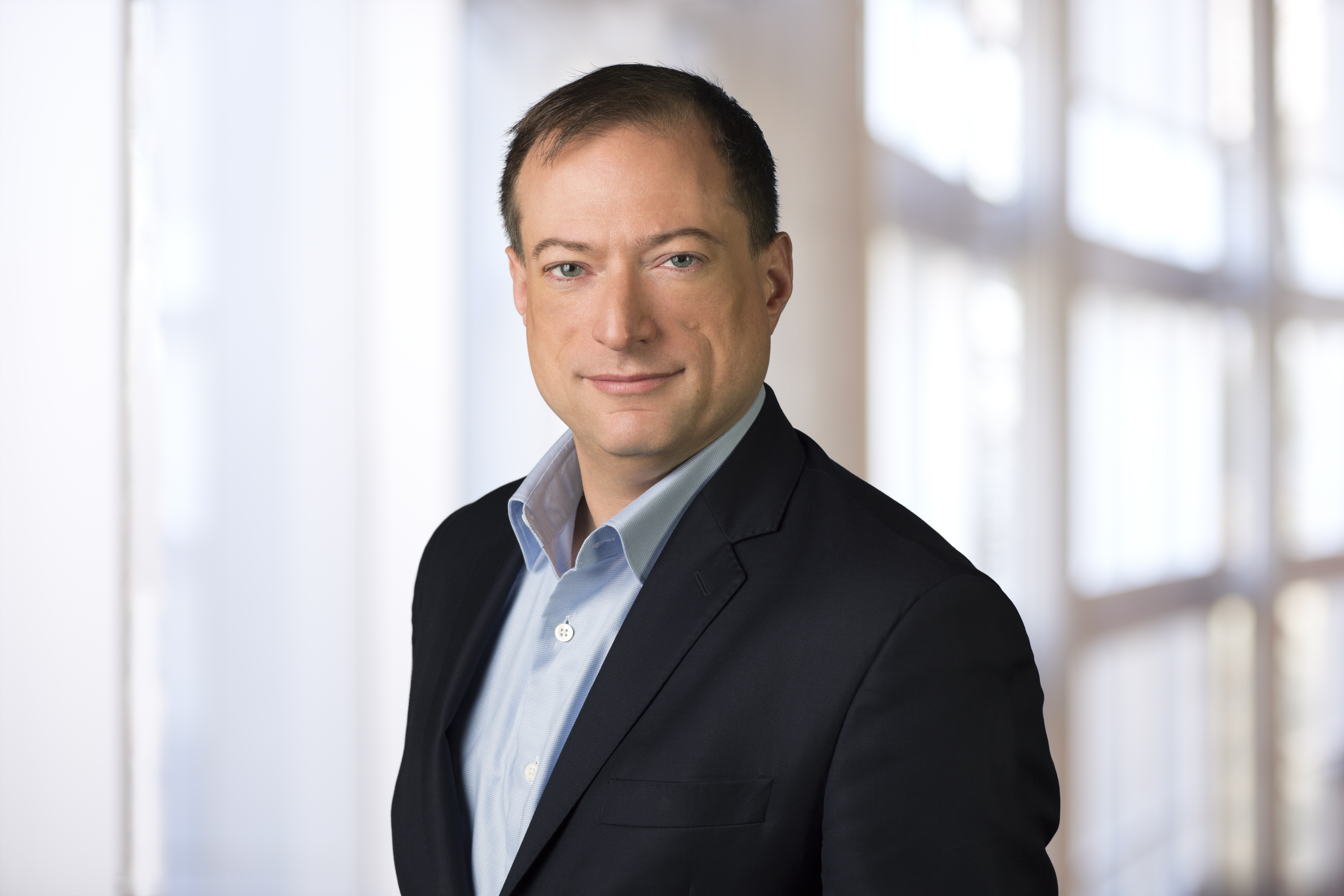John Roese may be one of a few people to hold the job title of Chief AI Officer (CAIO) — but he’d like to see more like him.
Last year, Roese — who also holds the title of Dell Technologies’ CTO — said more companies need a CAIO like him in order to ensure AI is adopted and implemented strategically.
“If you’re not the chief AI officer and you’re not empowered and supported by your board and your leadership, your ability to prioritise the right AI work in a company is limited,” he said. “You may not get any budget, you may not have control, and there may be competing AI efforts that are not the right ones.”
Regardless of his job title, it’s difficult to imagine anyone not listening to industry veteran Roese when it comes to AI projects — Dell Technologies isn’t his first rodeo, after all.
Who is John Roese?
Born in Boston, Roese studied electrical and computing engineering at the University of New Hampshire, and has kept up with innovation research — he holds 20 patents in topics including networking, location-based services, and security.
From then, he started his career at Cabletron before becoming CTO at Enterasys, followed by Broadcom and Nortel. He later joined Huawei as senior VP and GM for North American R&D, later setting up that company’s Enterprise Global Competency Centre. Alongside those roles, Roese has sat on the boards of the Cloud Foundry Foundation, Telstra, Ericsson, and One Laptop Per Child, among others.
When he joined EMC in 2012 as CTO he was already a 20-year veteran of the IT industry; there, he was tasked with leading EMC’s work on the trends of the day: cloud, big data and trusted IT. In 2015, Dell bought EMC for $67 billion — it remains one of the biggest tech deals in history — and Roese became the CTO for DellEMC before the company emerged as Dell Technologies, with Roese as CTO. Last year, he added CAIO to his role.
Roese on AI ROI
As a long-running tech leader with a job title like CAIO, Roese has a practical way of looking at AI: does it offer a return on investment (ROI)? Last year, he told ITPro that all AI decision making is driven by whether it will deliver ROI.
“The very first thing we evaluate before anything else, before technical or security, is ROI,” said Roese.
“And now the process in Dell is if you have a great idea and you want us to evaluate it as potentially something we’re going to do, the very first question is show us the ROI.”
That pragmatic approach is a shift from a previous consensus building approach at the company. “This is not consensus building; our first go-around we tried to do that by the way, we tried to get consensus and it went nowhere,” he said. “It’s not the fault of anybody – if you take 15 business leaders, bring them into a meeting and say they’re going to collectively decide on which project they should prioritize of the 15 projects they all want, guess which one they all vote for? They vote for their own and that’s what we pay them to do.”
He also told ITPro that Dell originally had 800 internal AI projects — and Roese had to whittle them down to 16.
Although he’s been at such work for decades, Roese says he’s still learning — and that’s why it’s so important for Dell to use AI as well as develop it. “Every time we’re doing it ourselves, we’re learning about what the products need to be, what the ecosystem needs to be, how we get this to the broader market. So, you know, the phrase ‘drinking your own champagne’ or ‘eating your own dog food’, whichever one you prefer, we are absolutely doing that at scale.”
Source link
